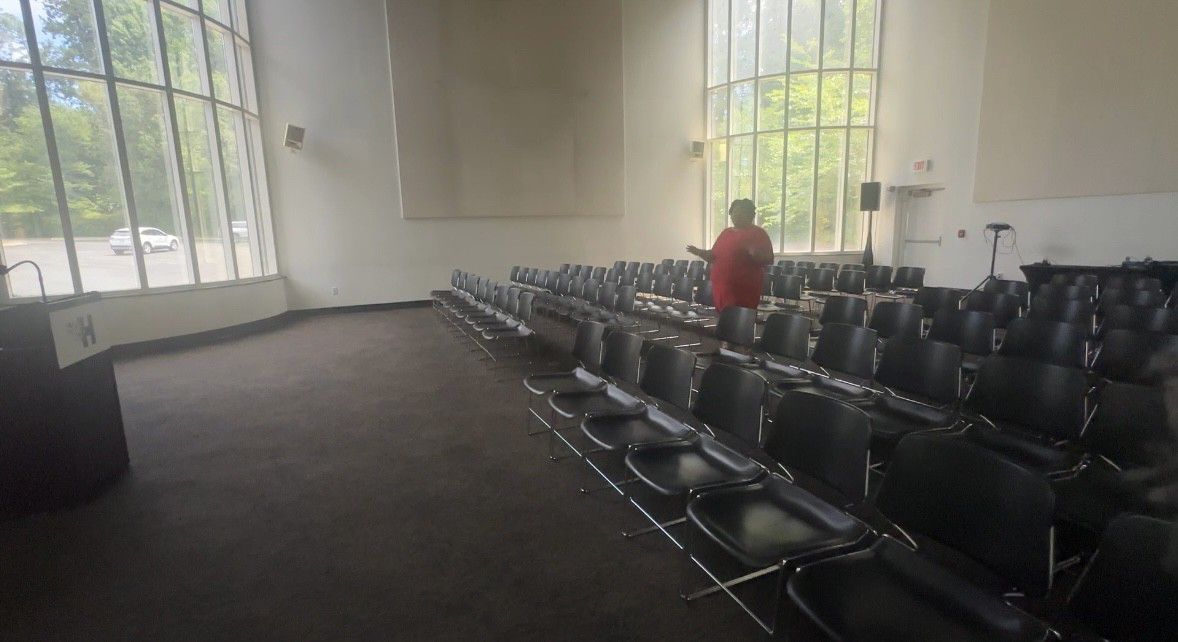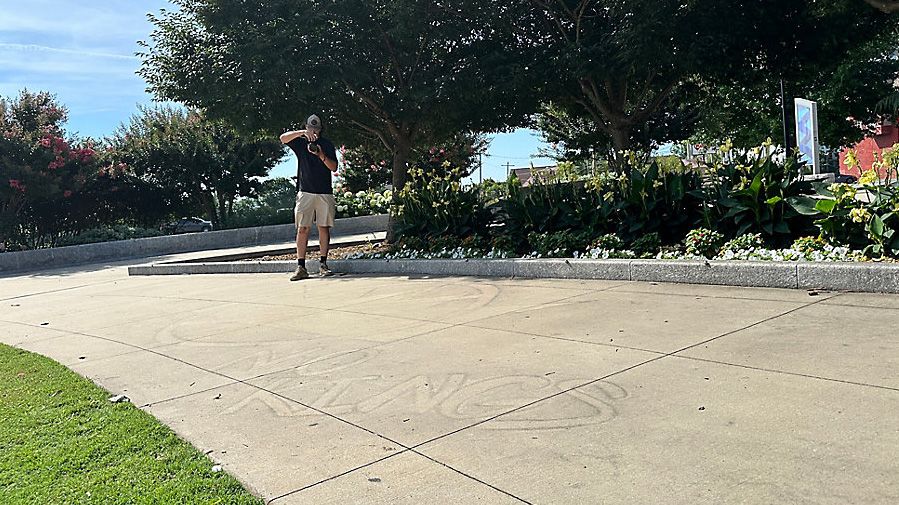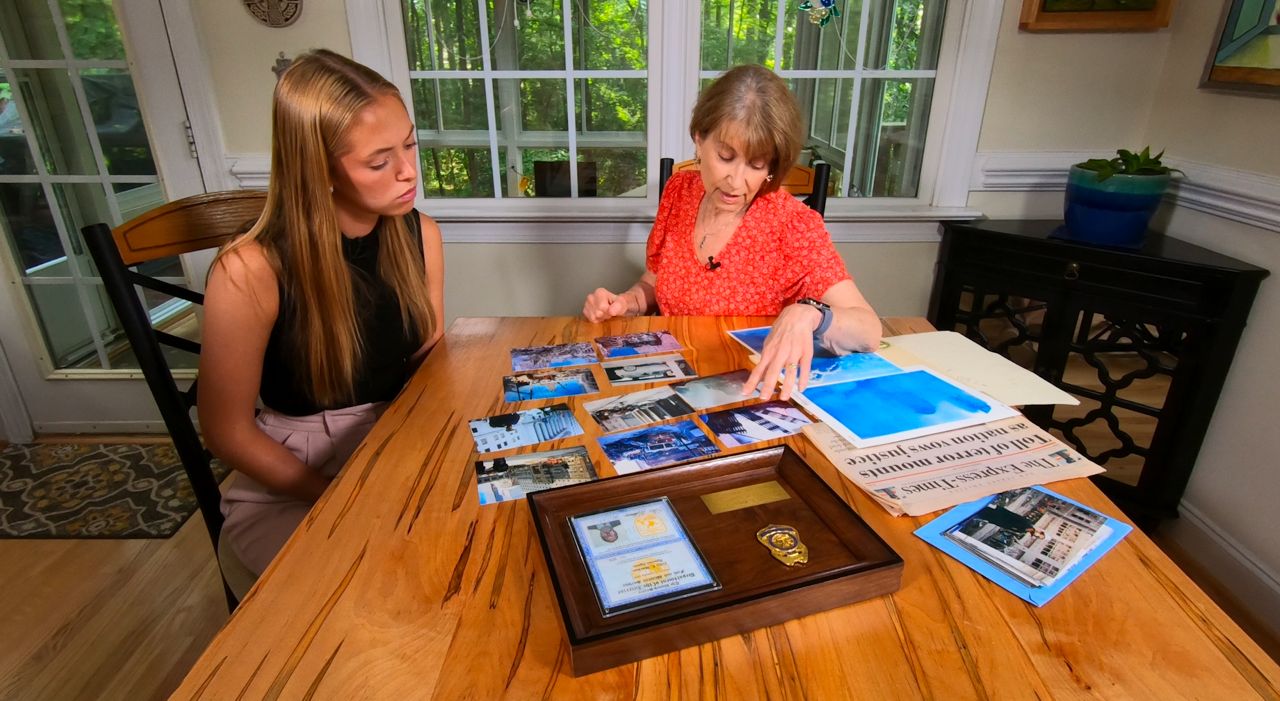WILMINGTON, N.C. — After more than a year off due to the pandemic, the Miracle Field in Wilmington is back open for its spring baseball season. It's home to three different leagues of fully accessible baseball for kids and adults with disabilities.
Program Coordinator Samantha Wang says they have 130 players signed up for this season, and the joy on the field says just how much everyone missed it.
“I love the smiles of Miracle League, and the organized chaos that it brings, and everything that it means to the community,” Wang says.
The Saturday baseball games are something Jeri Stone and her family look forward to because it's a chance for her son Ethan to play the sport he loves without feeling any different because of his confinement to a wheelchair.
“It's a great sense of friendship out here, and there's no judgment,” Stone says. “It's nice to be somewhere and not have people stare.”
She says Ethan loves everything about baseball from the music, to the crowd, to rushing from base to base. At one time they were told to prepare for the worst with Ethan, but since then he has continued to overcome every obstacle in his path, which is something they don't take lightly.
“It's just very heartwarming to see Ethan doing so well and thriving so well,” Stone says. “It's made me more appreciative of who we have in our life and how much we actually do take for granted. He does one day at a time.”
Miracle League is widespread, but Stone wishes there were opportunities like this all over. Wilmington has the only Miracle League on the coast and the largest accessible field in the state. She sees firsthand how much good it does, not only for the players on the teams, but also in educating and raising awareness in the community.
“There's not that many options for kids with special needs in this community, and it's nice to see them being treated without any stigma about being out here,” Stone says.
Wang says the game is designed so that everyone feels like an equal while they're on the field; something they don't get to experience very often in everyday life.
“It's a place that they can call home,” Wang says. “Everyone here is on the same level. You're not better than anyone else. Everyone is the same. It's inclusive. It's accessible."
|










